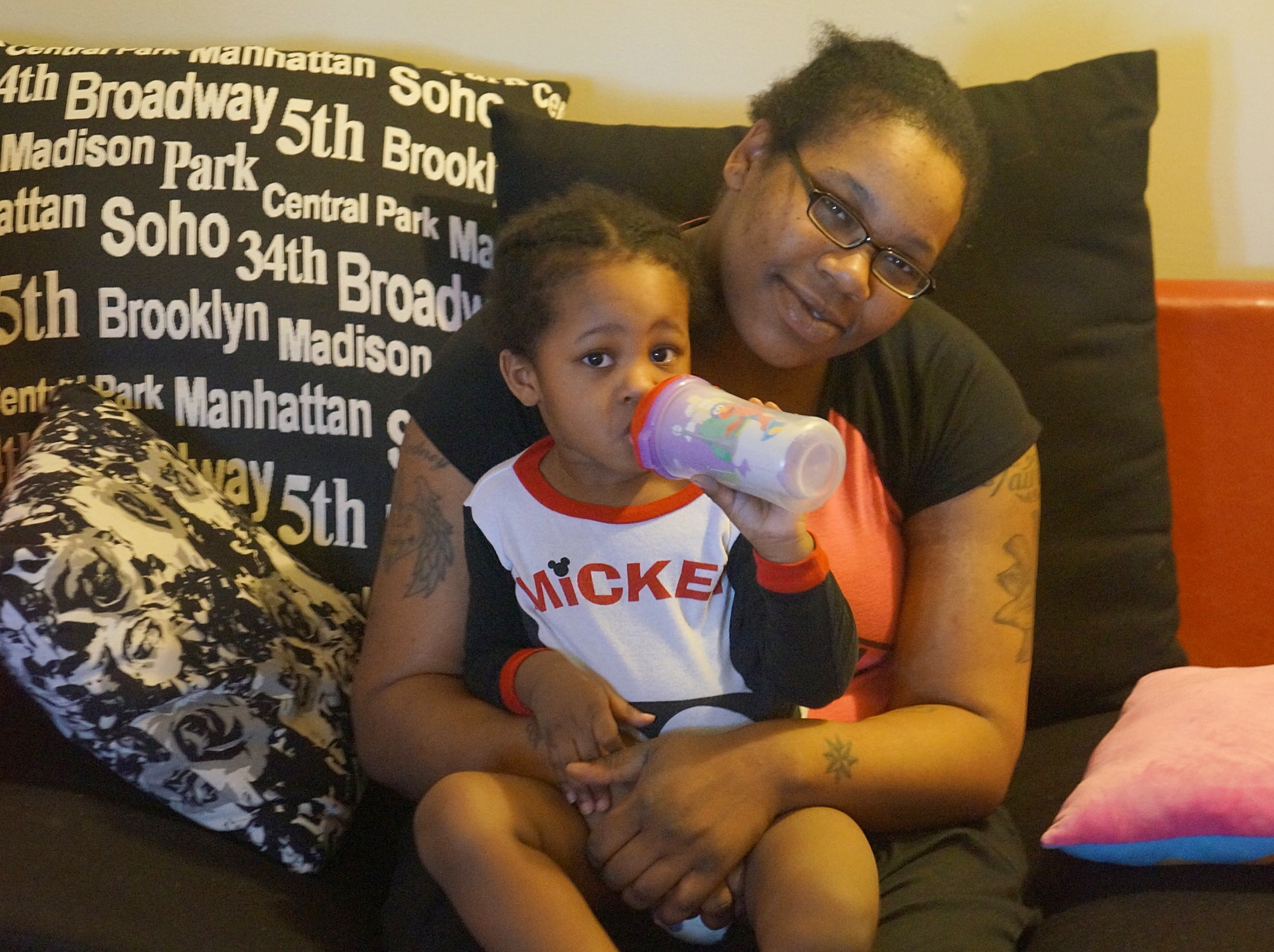What does the research say about Early Intervention Therapy?
"There is increasing recognition that the first few years of a child’s life are a particularly sensitive period in the process of development, laying a foundation in childhood and beyond for cognitive functioning; behavioral, social, and self-regulatory capacities; and physical health." (1)
"Decades of rigorous research show that children’s earliest experiences play a critical role in brain development. The Center on the Developing Child at Harvard University has summarized this research: (2,3)"
What can early intervention do to help children grow?
"The brain is strengthened by positive early experiences, especially stable relationships with caring and responsive adults, safe and supportive environments, and appropriate nutrition."(2,3)
"Early social/ emotional development and physical health provide the foundation upon which cognitive and language skills develop." (2,3)
"High quality early intervention services can change a child’s developmental trajectory and improve outcomes for children, families, and communities." (2,3)
Early intervention enhances children’s cognitive abilities, language development, and adaptive behavior. Family-centered approaches—delivered in natural environments—are especially effective. (5)
Early speech and language therapy for toddlers significantly improves expressive and receptive language skills, especially when parents are trained to use strategies in daily routines. (6)
When's the best time to start therapy?
"Neural circuits, which create the foundation for learning, behavior and health, are most flexible or “plastic” during the first three years of life. Over time, they become increasingly difficult to change." (2,3)
"Intervention is likely to be more effective and less costly when it is provided earlier in life rather than later" (2,3)
How about family empowerment?
Early intervention programs that include parent coaching improve not only children’s development but also parental well-being, reducing stress and increasing caregiver confidence. (4)
Can early intervention help Autistic children?
Early developmental interventions for toddlers with autism (such as naturalistic, play-based models) significantly improve IQ, language, and adaptive behavior outcomes compared to community treatment as usual. (7)
What about long term implications of early intervention?
Children who received early intervention services demonstrated higher academic achievement and reduced need for special education later in school compared to peers who did not receive EI. (8)
References
1. Karoly, Lynn A., M. Rebecca Kilburn and Jill Cannon. Proven Benefits of Early Childhood Interventions. Santa Monica, CA: RAND Corporation, 2005. http://www.rand.org/pubs/research_briefs/RB9145.html
2. Center on the Developing Child at Harvard University (2008). InBrief: The science of early childhood development. http://developingchild.harvard.edu/download_file/-/view/64/
3. Center on the Developing Child at Harvard University. (2010). The foundations of lifelong health are built in early childhood. http://developingchild.harvard.edu/library/reports_and_working _papers/foundations-of-lifelong-health/
4. McConachie, H., & Diggle, T. (2007). Parent Implemented Early Intervention for Young Children With Autism Spectrum Disorder: A Systematic Review. Journal of Evaluation in Clinical Practice, 13(1), 120–129. https://doi.org/10.1111/j.1365-2753.2006.00674.x
5. Guralnick, M. J. (2011). Why Early Intervention Works: A Systems Perspective. Infants & Young Children, 24(1), 6–28
6. Roberts, M. Y., & Kaiser, A. P. (2011). The Effectiveness of Parent-Implemented Language Interventions: A Meta-Analysis. American Journal of Speech-Language Pathology, 20(3), 180–199.
7. Dawson, G., Rogers, S., Munson, J., Smith, M., Winter, J., Greenson, J., Donaldson, A., & Varley, J. (2010). Randomized, Controlled Trial of an Intervention for Toddlers With Autism: The Early Start Denver Model. Pediatrics, 125(1), e17–e23.
8. Reynolds, A. J., Temple, J. A., Ou, S. R., Robertson, D. L., Mersky, J. P., Topitzes, J. W., & Niles, M. D. (2007). Effects of a School-Based, Early Childhood Intervention on Adult Health and Well-being: A 19-Year Follow-up of Low-Income Families. Archives of Pediatrics & Adolescent Medicine, 161(8), 730–739.

